Mark Twain is a Pen Name
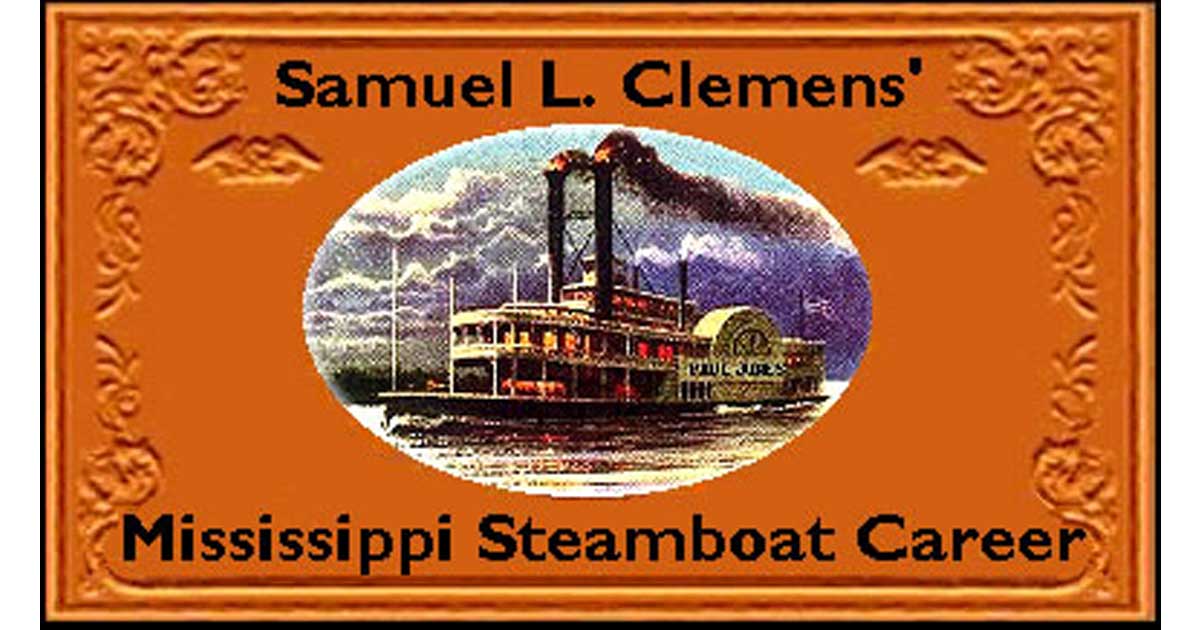
Mark Twain is a pen name, his real name was Samuel Langhorne Clemens. “Mark” “Twain” is a riverboat term for measuring two fathoms (12 feet): mark (measure) twain (two).
Literature is a broad category that contains all written works. The term derives from Latin litaritura/litteratura meaning “writing formed with letters”. Books, poetry, fiction, non-fiction, and even emails and facebook posts can be literature.

Mark Twain is a pen name, his real name was Samuel Langhorne Clemens. “Mark” “Twain” is a riverboat term for measuring two fathoms (12 feet): mark (measure) twain (two).
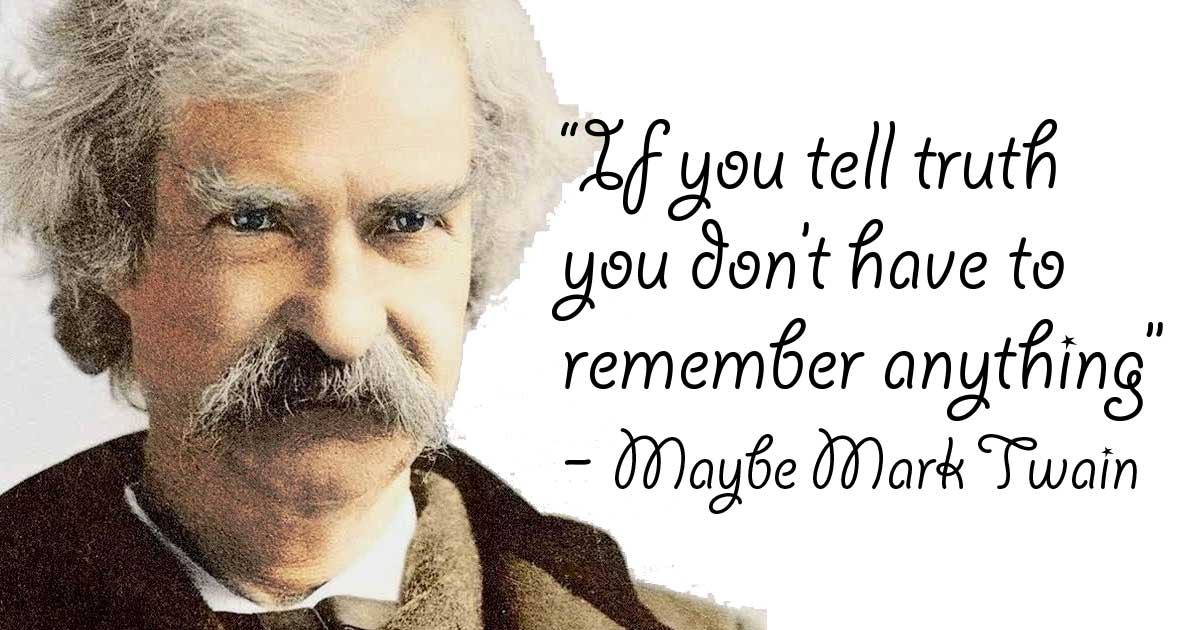
Mark Twain is said to have said, “If you tell the truth you don’t have to remember anything”, meaning if you tell a lie you have to remember what lie you told to who.

King Arthur, a Briton who was said to have defended Britain against the Saxons in the late 5th century, is almost certainly a mythological figure.
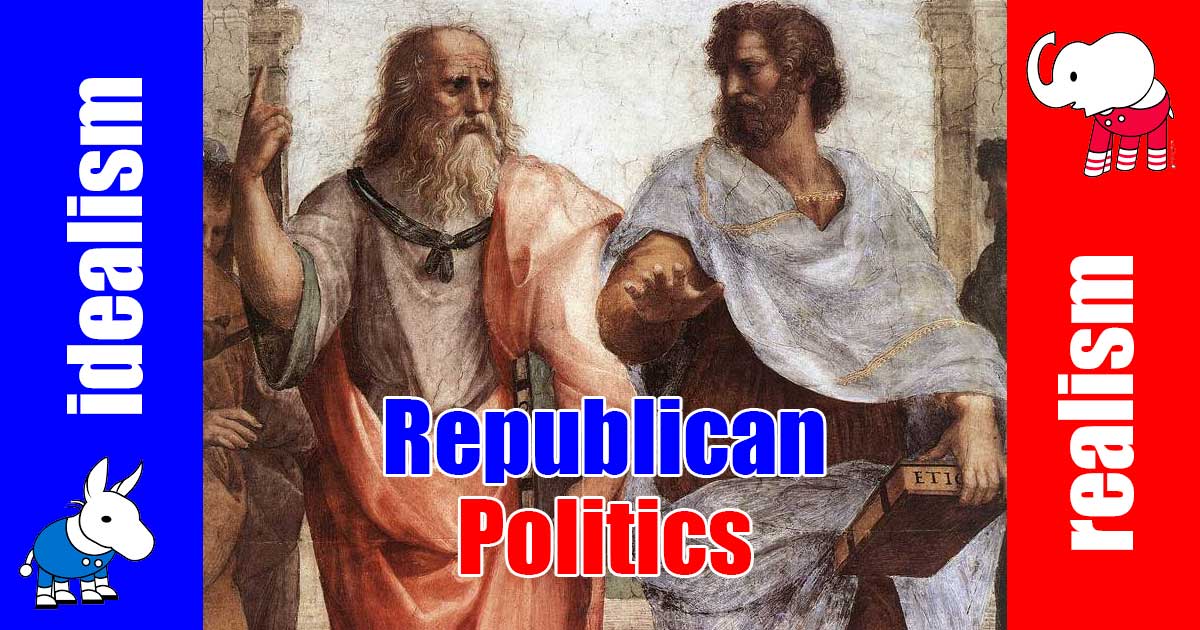
Plato can be understood as the father of rationalism and political philosophy (political idealism), and Aristotle, his student, the father of empiricism and political science (political realism).

Many (including Rousseau) consider Machiavelli’s The Prince to be satire, expressing a preference for a free republic over a hereditary principality.
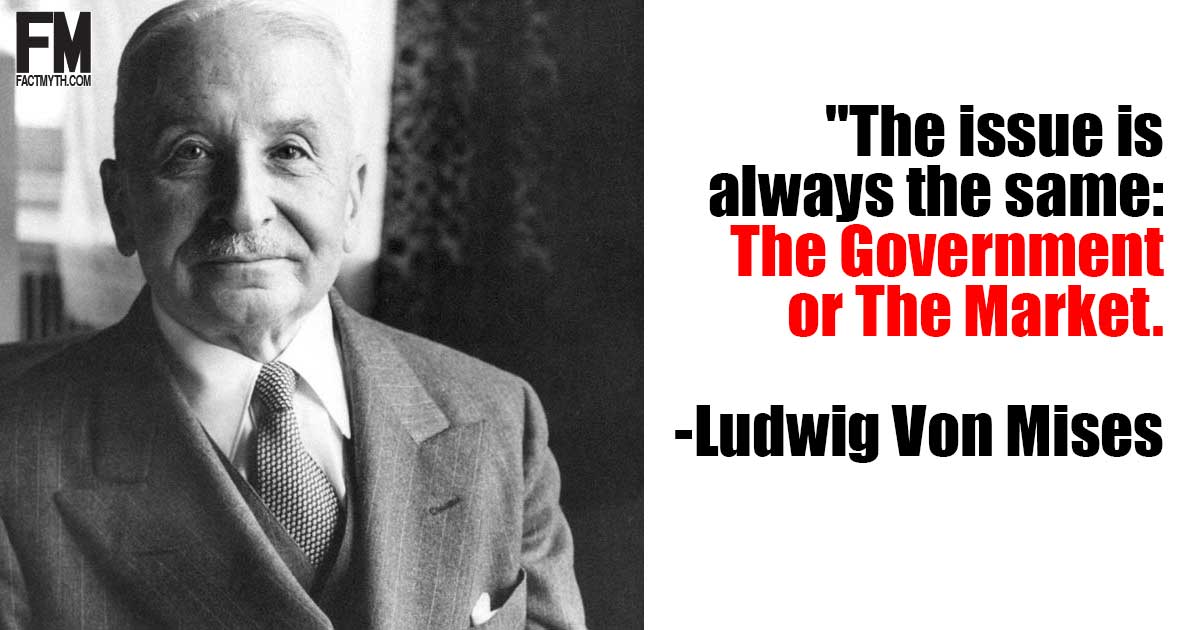
For a given market, the choice always boils down to state intervention vs. the free-market, there is no third option (unless you count mixed-markets).

Niccolò Machiavelli can be considered the father of modern political science, and his book The Prince one of the first works of modern political philosophy (if not just modern philosophy).
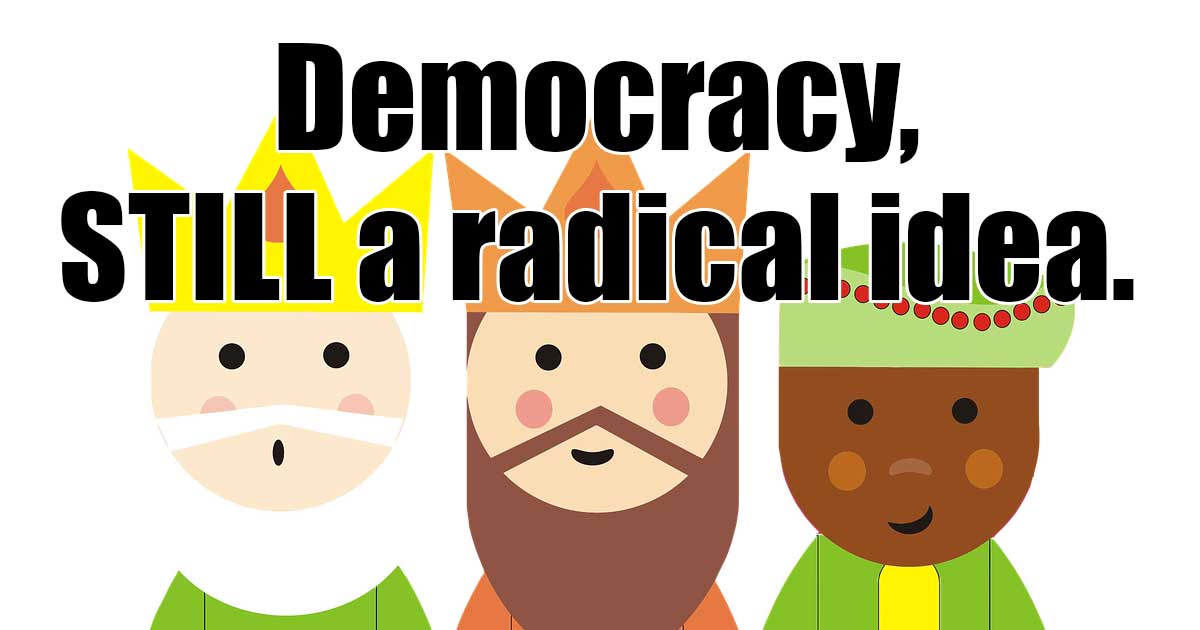
Saul Alinsky, the American community organizer and author of Rules for Radicals, can be considered the father of modern community organizing.
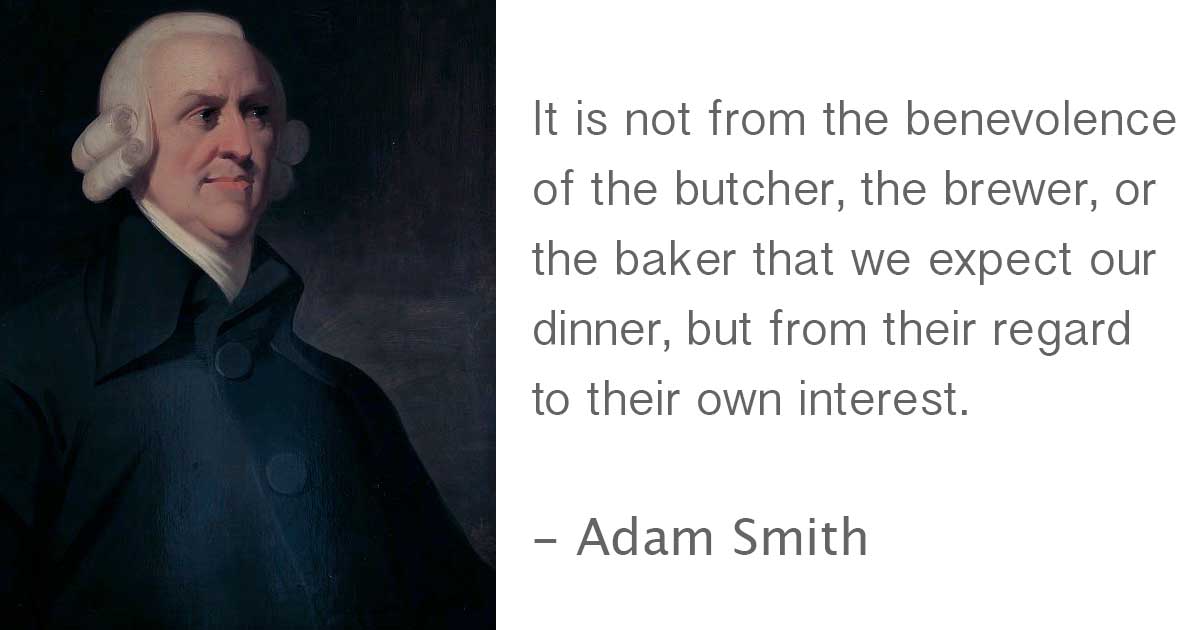
We explain Adam Smith as a Moral Philosopher, and explore how his Theory of Moral Sentiments connects to his economic theory from The Wealth of Nations.

After reading David Hume, Immanuel Kant avoided social engagements for decade while fusing Hume’s ideas with his own, the result was Kant’s, a Critique of Pure Reason.